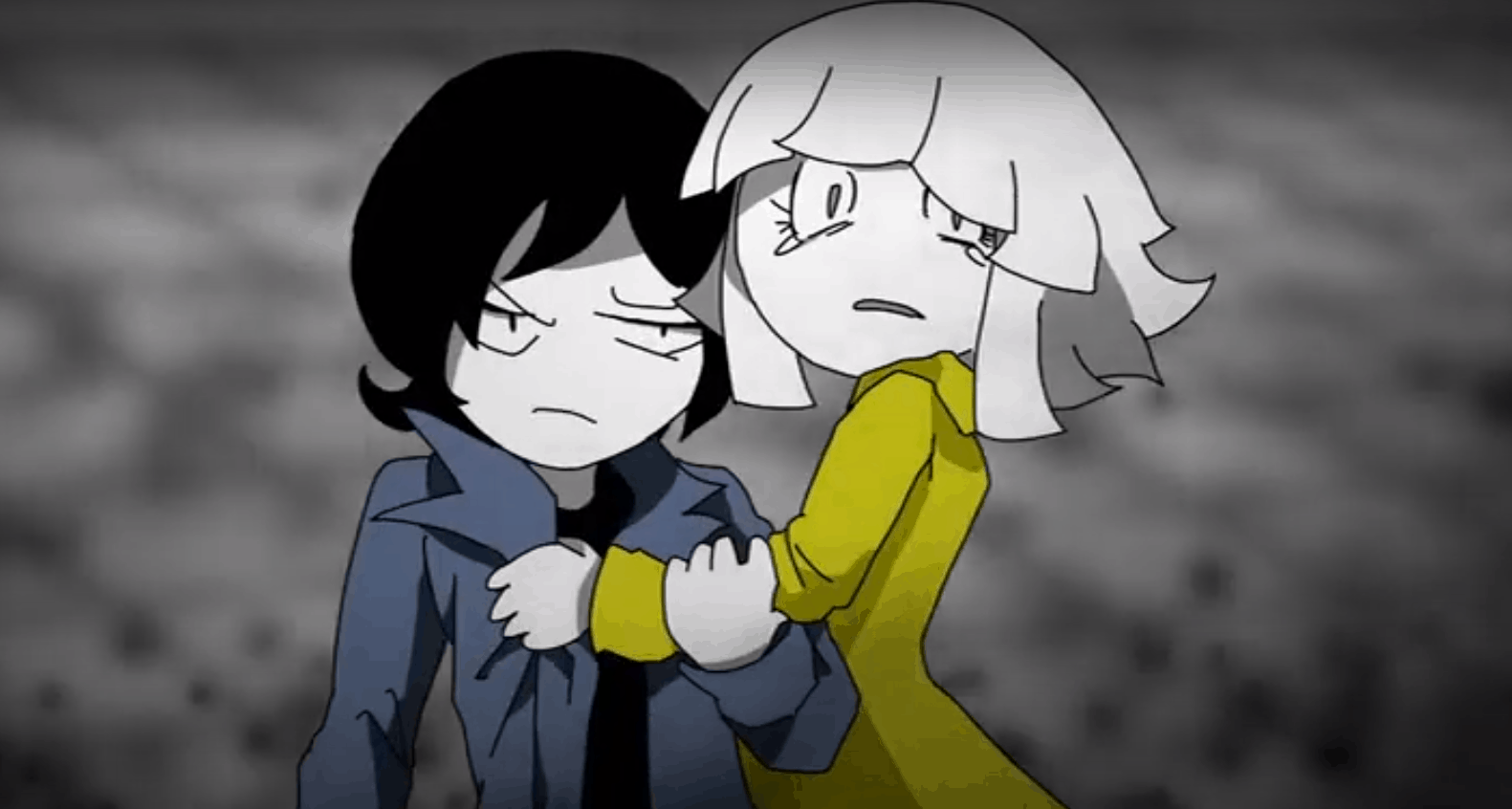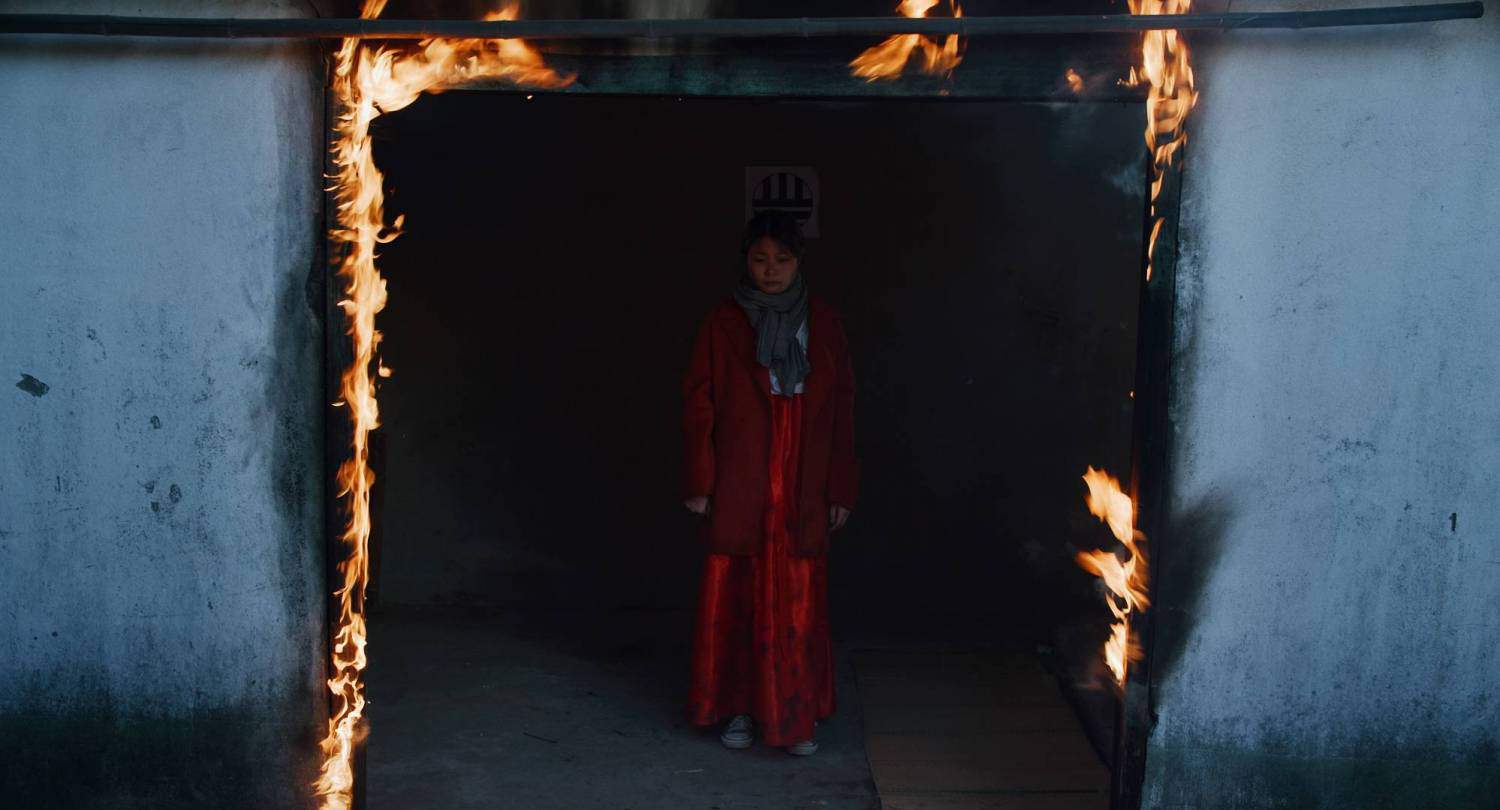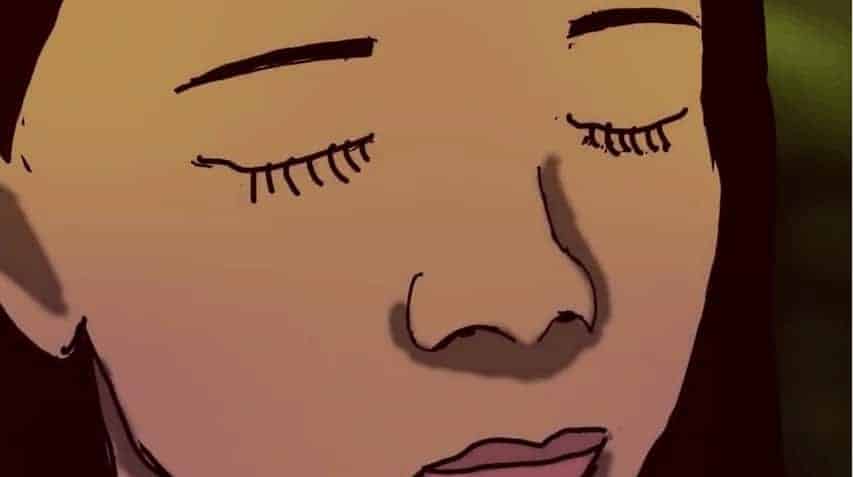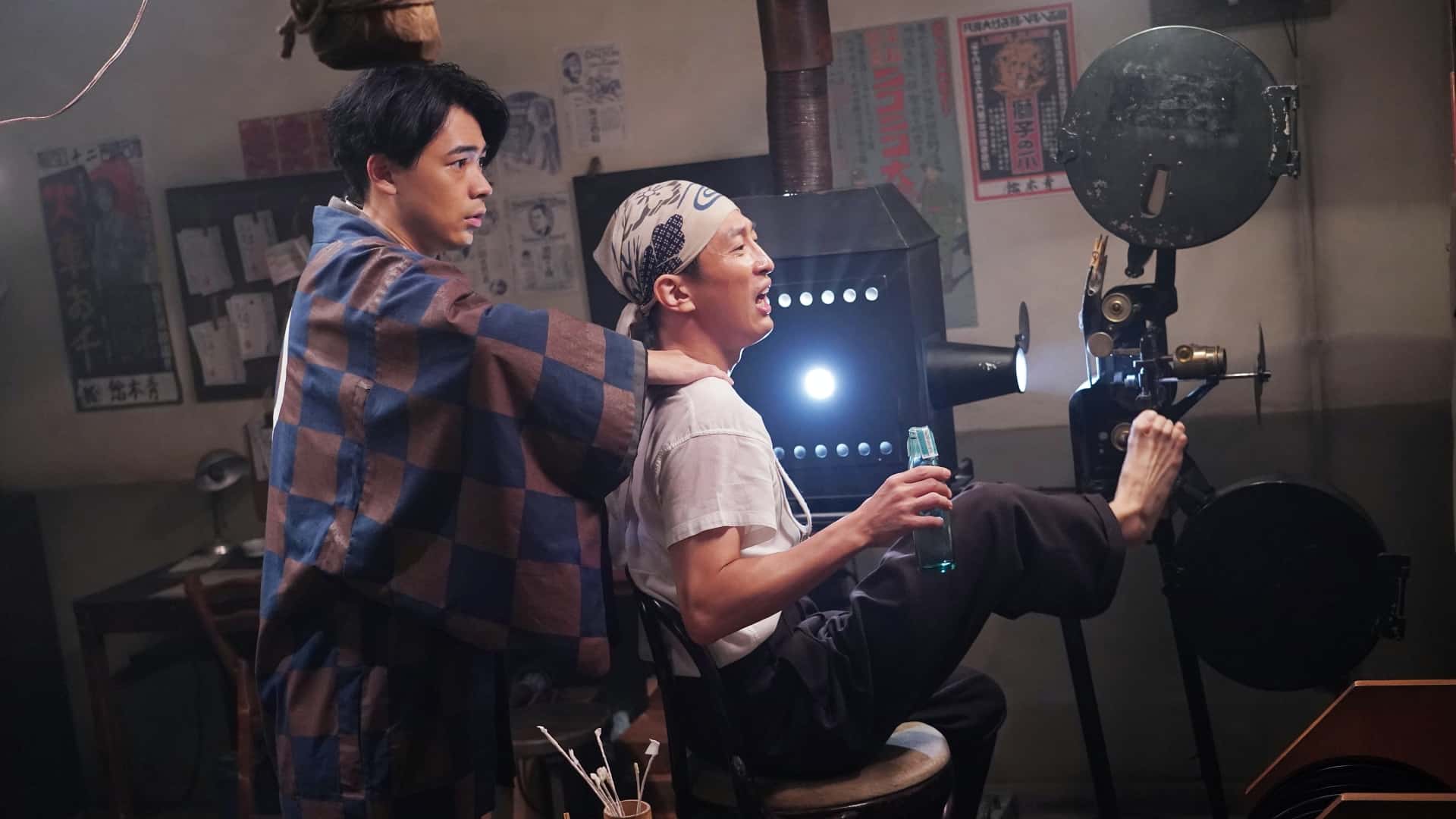“Travelogue / noun / A lecture, slide show, or motion picture describing travels”
Yes, Wim Wenders' “Tokyo-Ga” (literally “Pictures of Tokyo”) can probably be described as a “travelogue” but don't expect an ordinary one, as anything from the German director is far from ordinary. And yes, I am biased; as an admirer of both Yasujirō Ozu and Wim Wenders, and a sucker for anything about Tokyo and 80s culture, I cannot deny I love every bits and every frame of this documentary that recollects the director's trip to Tokyo in the spring of 1983. In his words: “to discover if something was left of his work, or if in the 20 years since Ozu's death so much changed in Tokyo that there was nothing left to be found.”
“Tokyo-Ga” is screened by Japan Society
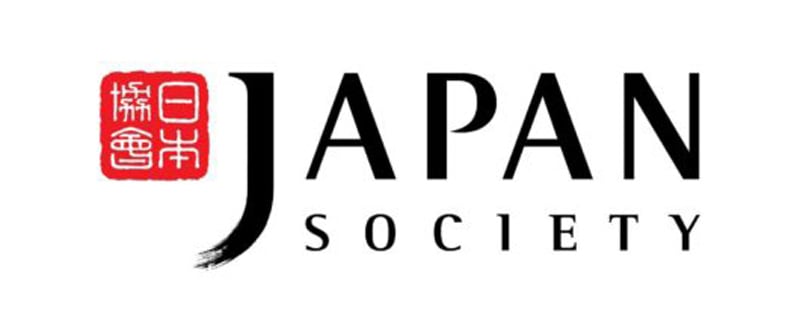
Did he accomplish his mission? Yes and no. But in doing so, he graced us with a collage of clips of Tokyo – seen through the accomplished eyes of a brilliant director but also with the stupor of a first-timer – and with an inspiring and though-provoking voice-over commentary from Wenders himself, ruminating about truth and representation in cinema and in Ozu's work.
At the time of the documentary the trip to Tokyo was already in the past, a memory from 2 years earlier; as Wenders remarks, the images of Tokyo-Ga are his memory of that trip although – in a way – he regrets going with a camera and relying on recorded images as this weakens his memory. It is a peek into his fascination with interdependence between memory, images and film that the director will fully explore in his 1991's visionary film “Until the End of the World”.

Following a visit to Ozu's grave, the filmmaker reflects on the solitary “Mu” character engraved on the Master's tombstone. “Mu” means “Nothing”, “Emptiness”. Is “Nothing” something real? Or is it the absence of reality? Reality is useless and empty when applied to cinema, each person sees his reality with his own eyes and we have learned to consider that a vast distance separates cinema from life. “It is a rarity in today cinema to find such moments of truth, of people or objects to show themselves as they really are, nothing more that a gesture of a child in the background or a bird flying across the frame […] That is what it was so unique in Ozu's films. Such a depiction of reality, such an art is no longer to be found in the cinema. It was once. Mu, nothingness, is what remains today.”
With this is mind, we follow Wenders sleepwalking through a city that – on the surface – barely resemble anything you can possibly associate with Ozu. It can appear deceptive, like yet another display of the colourful and stereotypical idiosyncrasies of Japanese culture. In reality, this work is maniacally coherent with the director's obsession with reality, representation and the search for those Ozu's moments of truth; the whole work in fact plays on the duality and contrast of real / fake, truth / false.

The camera lingers with curious eyes over Pachinko parlours and their hypnotic power; obliterating themselves – more than winning – seems to be the purpose of the absentminded players. Then over huge golf driving ranges where style and perfection of the movements are the final goal for people that most probably will never set foot on a real golf course. Moreover, a visit to a workshop producing the popular wax replicas of Japanese food that are displayed in many restaurant windows, and a challenging lunch with the workers, trying not to bite into the fake food.
In a rainy day, Wenders observes the teenagers dressed up like American rockabilly, challenging the weather and dancing in their 50s gear in Yoyogi Park. And of course, still in tune with “true/false”, he climbs the local Tour Eiffel, the Tokyo Tower. There he bumps into fellow German director Werner Herzog who vents his frustration about (again) the search for real images in a “ravaged landscape”. And one more casual encounter with photographer Chris Marker in a Ginza bar called after his 1962's film “La Jetée”. Marker was in Tokyo, working on his documentary “Sans Soleil” (Sunless) and it's a real shame that, being camera-shy, their night together is not included. I would have loved to be a fly on that wall! And finally trains, lots of trains and railways, one of the regular features in Ozu's movies.

In all this apparent chaos there are two gems. Two interviews with long time Ozu's collaborators. Leading actor Chishu Ryu who we have seen in many films, is humble and reserved and with his characteristic sweet smile talks about disappearing behind the characters and expresses his gratitude to Ozu, for making him who he is.
As a closure a long interview with Ozu's camera operator Yuharu Atsuta is particularly moving. Atsuta worked as assistant cameraman at the beginning, in Ozu's silent movies, for 15 years before being promoted cameraman, a role he covered for 25 years more, until the director's death. His memories give us an insight into technical MO, but also into the earth of the Master, who emerges as a gentle, determined and caring man. In the end memories become too overwhelming for Atsuta and tears flows.

Shot on 16mm and framed at 1.33:1, with its rough grainy quality, “Tokyo-Ga” looks like a home video, but, hey!… It's a Wim Wenders' home video! And today, the dated feeling of the footage, just adds to the charm of the film, with a distinctive 80's set of visuals. “Tokyo-Ga” might leave you baffled if seen with expectations of a traditional documentary about Ozu and Tokyo and thankfully it isn't.



